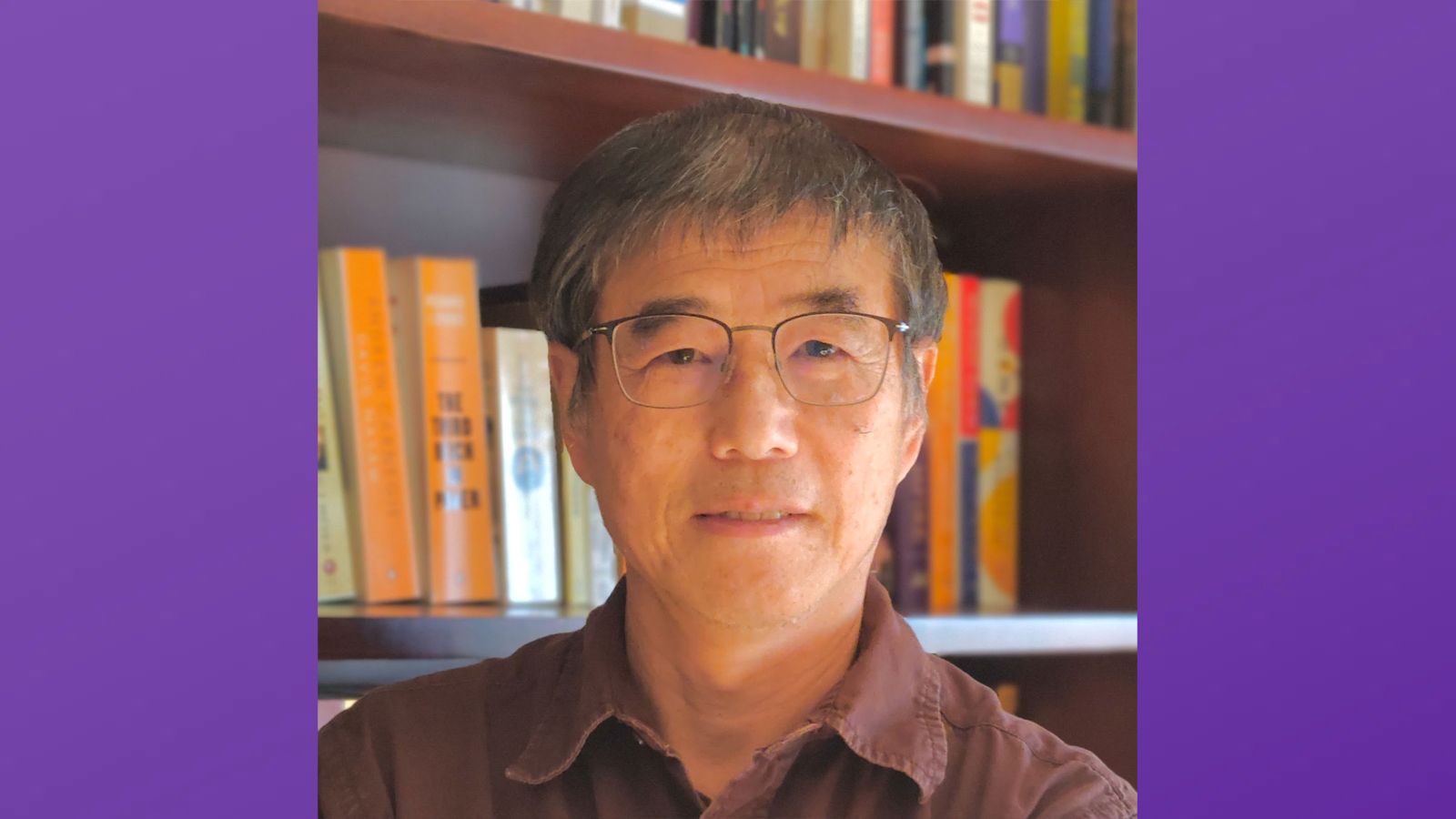Hunter Computer Science Professor Lei Xie and his lab associates have won three grants totaling $6.6 million from the National Institutes of Health to create biology-inspired Artificial Intelligence algorithms that could spur drug discovery for many now-incurable diseases.
“We are excited about the generous support from the NIH,” Xie said. “AI for drug discovery is a hot topic in academia and industry. We hope that our research will bring new hope to many with unmet medical needs.”
The grants, which will be disbursed over five years, will support the development of an AI platform that will mimic drugs’ actions in the human body — predicting a cell’s state after treatment and showing how collective cell changes alter disease symptoms.
The hope is that the algorithms will enable researchers to bring drugs to market not only much faster and more cheaply but also more successfully than they can with conventional drug-discovery methods.
Xie’s approach appears to be working: In collaboration with Hunter Biology and Chemistry professors including Maria Pereira, Patricia Rockwell, Peter Serrano, and Wayne Harding as well as investigators from other institutes, Xie and his team have identified several promising drug leads for Alzheimer’s disease, pancreatic cancer, and opioid-use disorder.
The algorithms take advantage of breakthroughs in single-cell techniques as well as generative AI and AlphaFold — an AI method that predicts proteins’ 3D structures from amino-acid sequences. This kind of AI model presents several challenges, because it has to make sense of new chemicals, proteins, and cell types and make accurate predictions that scale to billions of compounds, tens of thousands of proteins, and trillions of human cells. Even so, the model represents an advance compared to older methods of drug discovery.
Many complex diseases and conditions have eluded treatment and cure because of the limitations of conventional, target-centric approaches to drug discovery. Most drug research starts with only a single, disease-causing gene, then screens compounds against the target.
Many diseases, however, are not caused by the malfunction of a single gene but rather by the interaction of multiple genes. Thus, researchers rarely find successful cures — and the inefficiencies of their methods drive up the cost of the drug discovery. Using the speed and reach of AI to do the detective work could produce a quantum leap in scientists’ understanding.
“Because it is neither feasible nor ethical to test new compounds in human beings, AI is an indispensable tool to predict human responses to chemicals that could treat or cure disease,” Xie said.


